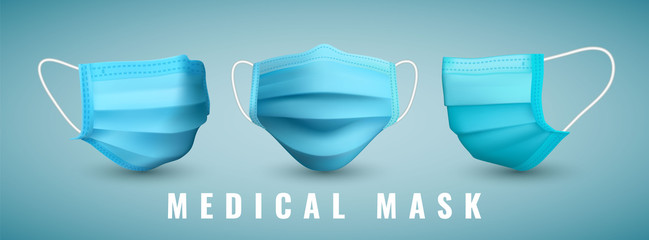Personal protective equipment refers to the equipment that safeguards employees against safety and health risks at work. It is the responsibility of employers to ensure the use and supply of this equipment in the employee’s work environment. Major Personal Protective Equipment (PPE) comprises of materials such as eye protection, safety shoes, safety helmets, safety belts, gloves and high visibility clothing.
Training studies, procedures, implementation instructions and inspections provided to make safe work environments and encourage employees to work responsibly and safely are essential elements for personal protection. Even where safe work systems and engineering controls are implemented, not all hazards can be prevented. The main health risks to employees are:
- Skin disorders due to contact with abrasive substances
- Head and foot injuries due to falling materials
- Lung diseases due to breathing dirty air
- Various body conditions due to exposure to extreme heat or cold air
- Eye disorders due to flying particles or splashing of corrosive liquids
It is necessary to use PPE to reduce risks and be protected from all these situations.
The primo thing is to take all kinds of preventive measures in working environments against dangers. Requirement of PPE should be a last resort. It must be provided by employers to their employees free of charge if it is still required after finishing the other checks. Personal protective equipment should be chosen discreetly and trained for the correct use by employees.
Personal protective equipment (PPE) directive 2016/425/EU is published in the European Union. In India, the Regulation on the Use of Personal Protective Equipment in the Workplace has been issued by the Department of Health and Social Care. The purpose is to ensure that risks in work environments are averted or mitigated if the risks cannot be avoided. If risks cannot be prevented inspite the measures taken, personal protective equipment is needed. The Regulation sets out the principles for the supply, use and specification of personal protective equipment.
The European Union directive stipulates that all the products falling within the scope of PPE equipment must be CE marked. When selecting personal protective equipment, it has to be ensured that it is CE marked.
PPE is defined in Directive 2016/425 as follows: “Any device or material designed to be worn or held by employees for protection against one or more health and safety hazards. This means that personal protective equipment can be worn or not worn by the employee to perform the protection function. This equipment may not be designed to connect and secure to a reliable point.”
For CE marking application, personal protective equipment can categorized into:
- Category I: PPE for the protection of workers against the minimum risks as defined in the Annex of the Directive
- Category II: PPE not covered by Category I or Category III
- Category III: PPE for the protection of workers from very serious risks like irreversible damage to the health or death as defined in the Annex of the Directive.
For category I, the manufacturer simply has to prepare the test file and place the CE mark on the product. For Category II, the manufacturer has to prepare the technical dossier, carry out tests and affix the CE mark on the product after issuing a declaration of conformity. For Category III, the product has to be factory tested prior to the declaration of conformity.
Our company also provides personal protective equipment CE Certificate services within the scope of certification services. Thanks to these services, enterprises are able to produce more efficient, high performance and quality products in a safe, fast and uninterrupted manner.
Personal protective equipment CE Certification services provided within the scope of certification services are only one of the services provided by our organization in this respect. Many other certification services like CE Certification for medical devices, electrical/electronics, pressure equipment, RoHS etc. are also available.
For more information, contact trg@eurotechworld.net or fill out the form below to get your QUOTE today.

